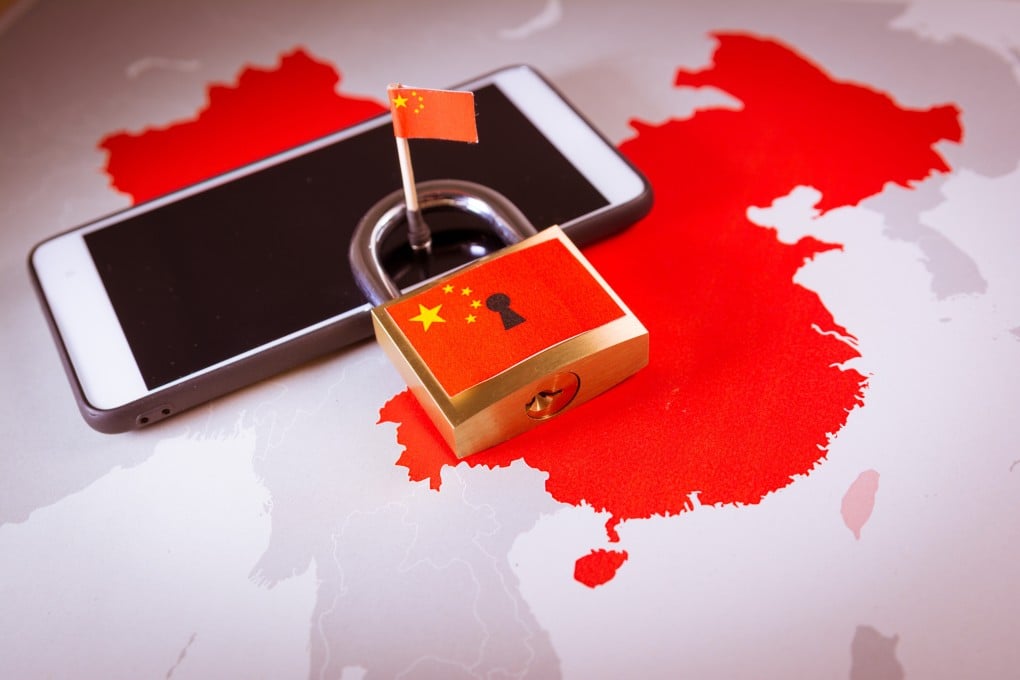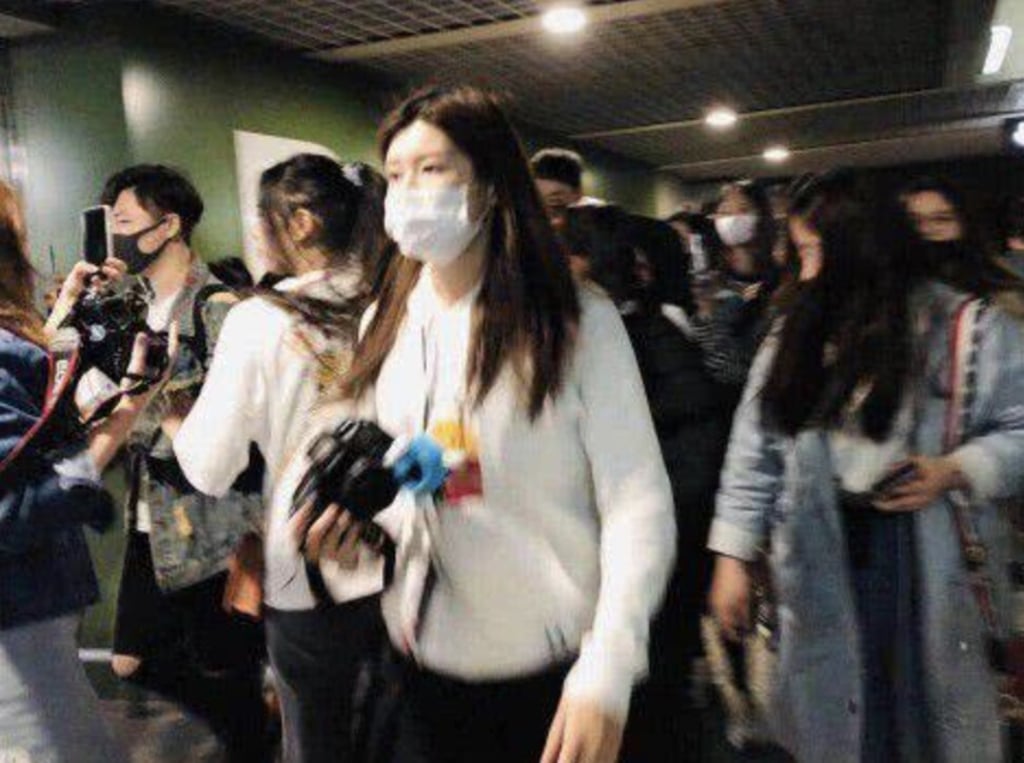Advertisement
From ‘positive energy’ to ‘chaos’: how China’s online fan clubs became a target of Beijing’s crackdown
- The Cyberspace Administration of China has been conducting a months-long campaign to weed out opinion manipulation caused by online fan circles
- The internet watchdog recently removed 150,000 pieces of harmful content online and punished more than 4,000 accounts related to fan clubs
Reading Time:3 minutes
Why you can trust SCMP
7

China’s ongoing crackdown of online fan circles, or fan quan – informal virtual communities centred around an idol – has intensified government efforts to weed out opinion manipulation in the country’s cyberspace.
Internet watchdog the Cyberspace Administration of China (CAC) has removed 150,000 pieces of harmful content online and punished more than 4,000 accounts related to fan clubs as of last week, according to a Xinhua report last week. This has prompted online services and business models associated with fan clubs to close down.
Microblogging platform Weibo, for example, announced the removal of its “Star Power Ranking List”, which encouraged competition among fan circles to raise their idol’s ranking on the list.
Advertisement
The CAC started in June a months-long campaign to discipline online fan clubs, which often show their support for a celebrity by doxxing and trolling rival groups.
That marked a change in Beijing’s attitude towards fan culture, which was hailed by state media a year ago as a vehicle that promoted spontaneous groups of “positive energy”.
Advertisement

Advertisement
Select Voice
Choose your listening speed
Get through articles 2x faster
1.25x
250 WPM
Slow
Average
Fast
1.25x